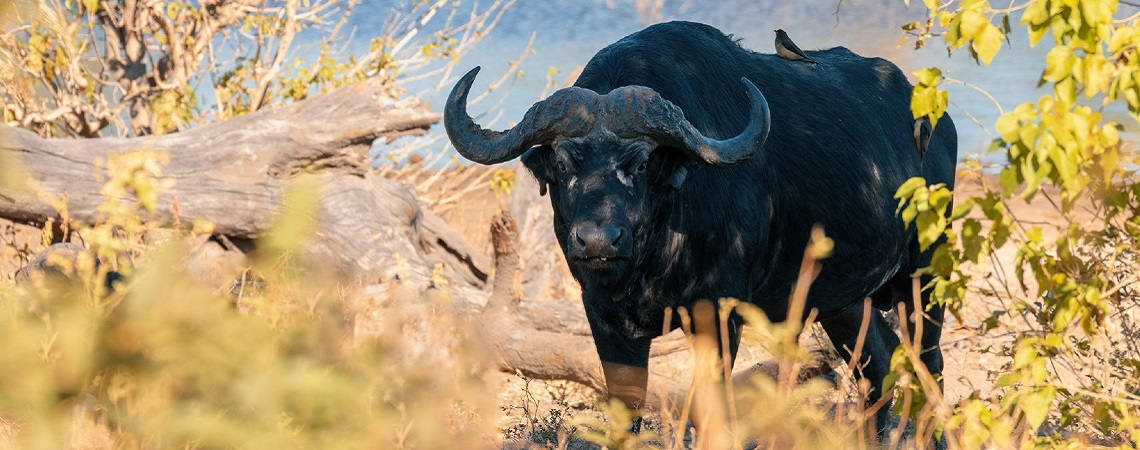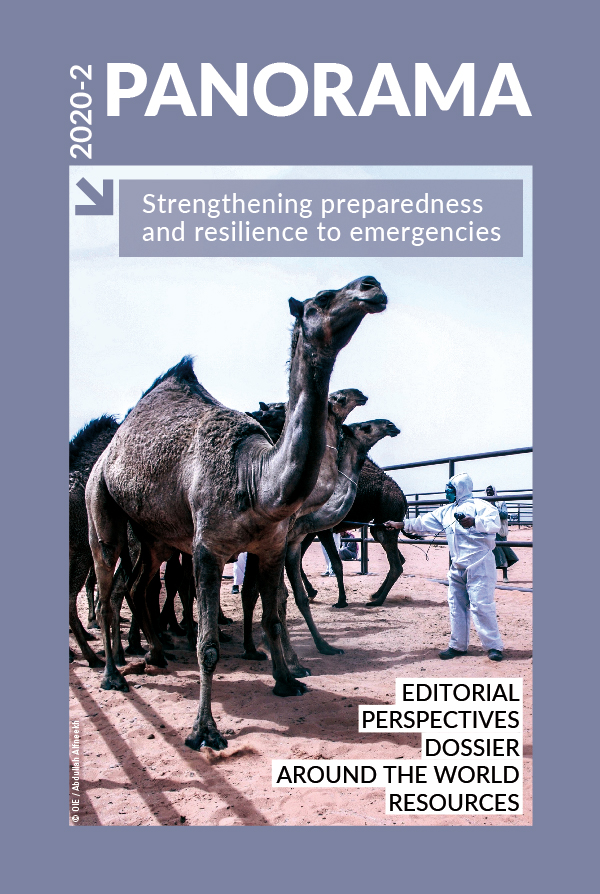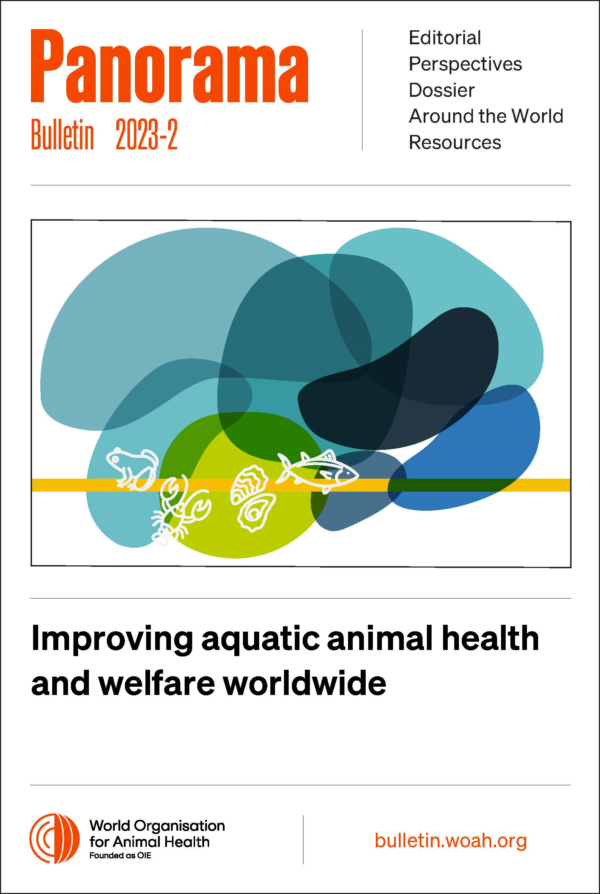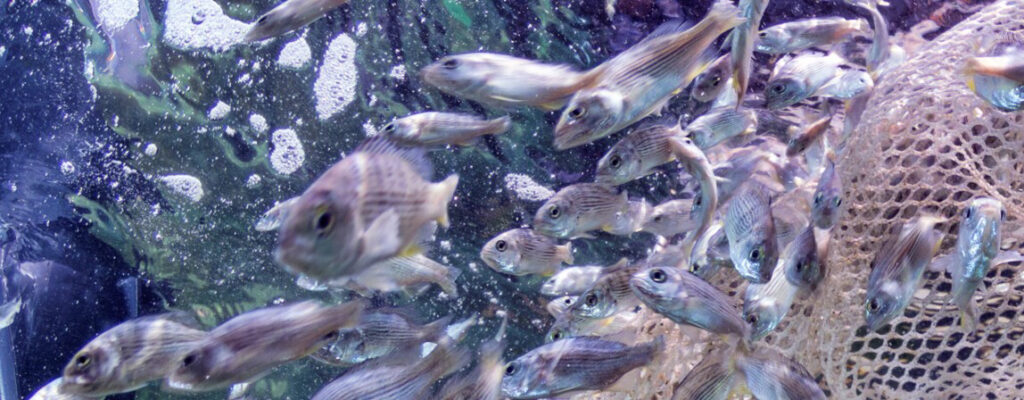Perspectives Posted on 2021-03-08 08:48:42
Opinions and strategies
The importance of linking animal health emergency response to government frameworks when mobilising resources
Botswana’s story
Keywords
Authors
O. Thololwane, Department of Veterinary Services, Ministry of Agricultural Development and Food Security, Gaborone, Botswana.
The designations and denominations employed and the presentation of the material in this article do not imply the expression of any opinion whatsoever on the part of the OIE concerning the legal status of any country, territory, city or area or of its authorities, or concerning the delimitation of its frontiers and boundaries.
The views expressed in this article are solely the responsibility of the author(s). The mention of specific companies or products of manufacturers, whether or not these have been patented, does not imply that these have been endorsed or recommended by the OIE in preference to others of a similar nature that are not mentioned.
There should be government frameworks, legal instruments, resources and capabilities to support and guide the response to animal health emergencies. These should be centrally coordinated through government structures, with regular disease surveillance and continuing animal health preparedness plans. Veterinary disease management policies, strategies, contingency plans and response plans should be aligned to national and international standards.
The Government of Botswana has a National Disaster Office, which is guided by the national disaster management policy, composed of personnel from across the sectors, and is adequately funded. The Department of Veterinary Services is also adequately funded to deal with animal health emergencies through its annual recurrent and development budgets.
Emergency funding can be sourced whenever the need arises through a memorandum with the Cabinet of Botswana, although the emergence of other sectors of the economy can present challenges to the usual funding. Through this mechanism, Botswana has managed to control foot and mouth disease (FMD), with only the northern part of the country still requiring FMD control (Fig. 1). This success is also attributable to good governance, excellent capabilities and capacities in the Department of Veterinary Services and prompt resource mobilisation during emergencies, as detailed in the OIE report of a Performance of Veterinary Services (PVS) Evaluation follow-up mission in Botswana, conducted in 2019 [1].
So that Botswana can further improve its response to animal health emergencies, the country is developing its engagement with stakeholders and is also exploring public−private partnerships. This will improve the efficiency and funding of Botswana’s preparedness and response to animal health emergencies, with similarities to the Animal Health Australia model [2].
http://dx.doi.org/10.20506/bull.2020.2.3148
References
- Fernandez P.J., Münstermann S., Lubaba C. & Sserugga J. (2019). – OIE PVS evaluation follow-up mission report of the Veterinary Services of Botswana, 6–17 May 2019. In: OIE PVS Pathway. (accessed 14 September 2020).
- Black P.F. (2012). – Good governance of animal health systems and public–private partnerships: An Australian case study. Rev. Sci. Tech. Off. Int. Epiz., 31 (2), 699–708. https://doi.org/10.20506/rst.31.2.2149.












